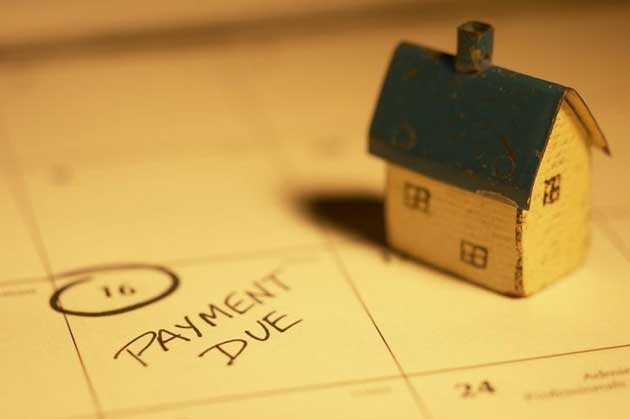1 in every 105 households in England at risk of repossession or eviction
Newham in London named worst 'hotspot'

Your support helps us to tell the story
From reproductive rights to climate change to Big Tech, The Independent is on the ground when the story is developing. Whether it's investigating the financials of Elon Musk's pro-Trump PAC or producing our latest documentary, 'The A Word', which shines a light on the American women fighting for reproductive rights, we know how important it is to parse out the facts from the messaging.
At such a critical moment in US history, we need reporters on the ground. Your donation allows us to keep sending journalists to speak to both sides of the story.
The Independent is trusted by Americans across the entire political spectrum. And unlike many other quality news outlets, we choose not to lock Americans out of our reporting and analysis with paywalls. We believe quality journalism should be available to everyone, paid for by those who can afford it.
Your support makes all the difference.More than 200,000 homes in England are at risk of repossession or eviction, according to new figures released today by Shelter.
The housing charity's research focuses on hotspots around the country including Nottingham and Luton where 1 in 60 homes are at risk, Salford (1 in 61), and Newcastle upon Tyne and Wolverhampton (both 1 in 63).
It also underlines the extent of the danger in London. Many of the capital's boroughs register in the top 20 'at risk' table. Newham has the highest risk of repossession or eviction in the country with 1 in every 35 homes at risk.
Earlier this month, the charity revealed that nearly 85,000 children in Britain face homelessness this Christmas and its helpline is already taking over 470 calls every day.
Campbell Robb, chief executive of Shelter, said:"It is heartbreaking to see that so many people in England face spending Christmas with the threat of losing their home hanging over them. Seeing that one home in every hundred is at risk of repossession is a frightening reminder that homelessness can happen to anyone."
The Royal Institution of Chartered Surveyors predicted today that house prices in the UK will rise by eight per cent by the end of 2014 and the cost of renting a home by a further two per cent.
Peter Bolton King, RICS Global Residential Director, said: "While the number of new homes being built is now on the rise, it still won’t be anywhere near enough to meet demand and we expect the problem of insufficient housing stock to be the main driver behind price increases over the next twelve months."
Join our commenting forum
Join thought-provoking conversations, follow other Independent readers and see their replies
Comments